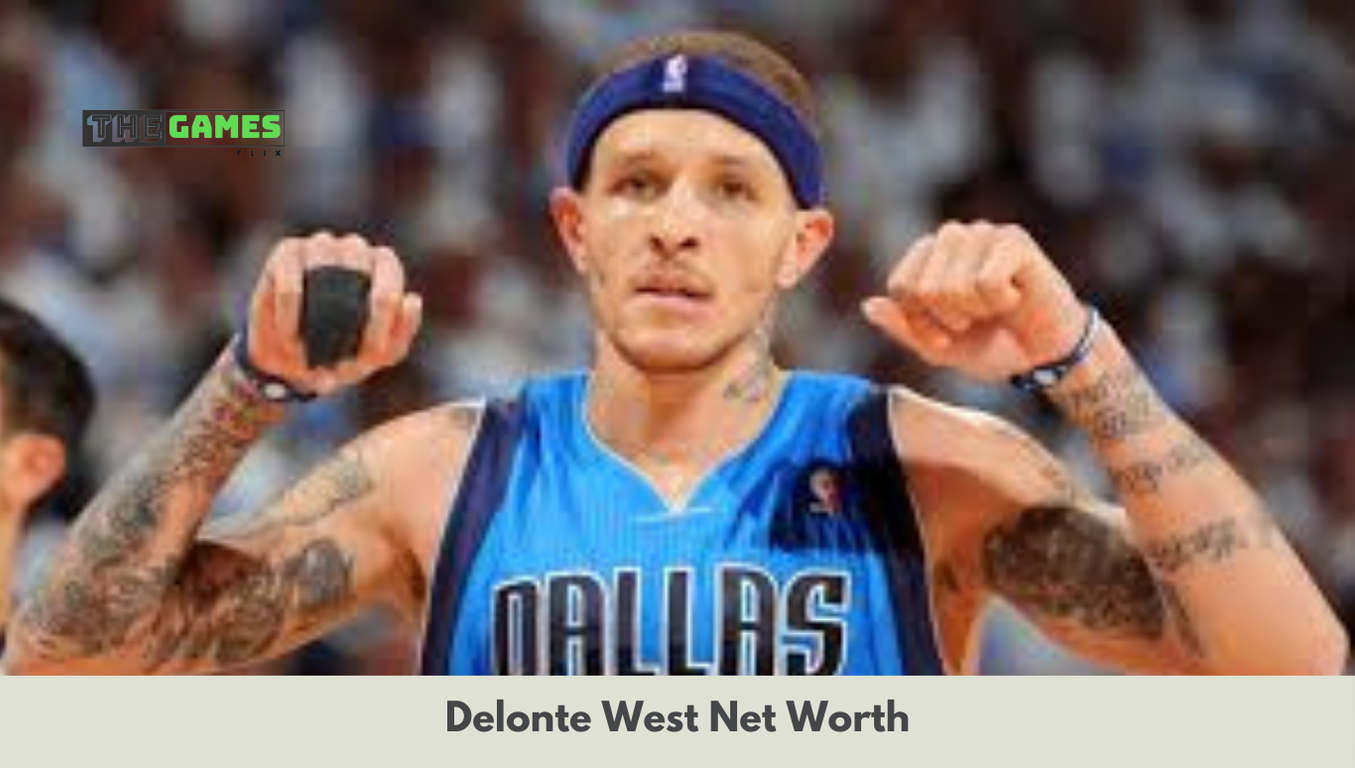Delonte West, a retired professional basketball player, has become a tragic example of how a promising career can unravel post-retirement. Despite earning around $14 million in salary during his career, West’s net worth has plummeted to $1,000 due to personal and financial struggles. This article delves into the life and career of Delonte West, highlighting his rise in basketball and his subsequent fall.
Early Life and Basketball Beginnings
Delonte West was born on July 26, 1983, in Washington, D.C. He attended Eleanor Roosevelt High School in Greenbelt, Maryland, before moving on to St. Joseph’s University in Philadelphia. At St. Joseph’s, West formed a formidable backcourt duo with Jameer Nelson, which was regarded as the best in the country at the time. His efforts helped the team reach the Elite Eight in the 2004 NCAA Tournament, showcasing his talent on a national stage.
NBA Career and Initial Success
West was drafted by the Boston Celtics as the 24th pick in the 2004 NBA Draft. His rookie season was marred by injuries, limiting him to just 39 games. However, he rebounded in the 2005-06 season, securing a spot as the starting point guard. By the 2006-07 season, West had transitioned to the shooting guard position, though he faced challenges and was eventually moved back to point guard.
In 2007, West was traded to the Seattle SuperSonics and later to the Cleveland Cavaliers in early 2008 as part of a three-team deal. His time with the Cavaliers was marked by notable performances, including a season-high 20 points against the Boston Celtics shortly after the trade. In late 2008, West signed a three-year, $12.7 million contract with the Cavaliers, solidifying his role as a shooting guard and backup point guard.
Personal Struggles and Financial Decline
Despite his on-court success, West’s personal and financial troubles began to surface. His time with the Cavaliers was followed by a series of short stints with various teams, including the Minnesota Timberwolves, Boston Celtics, and Dallas Mavericks. Legal issues, including a guilty plea to weapons charges, further complicated his career.
During the 2011 NBA lockout, West reportedly lived out of the Mavericks’ locker room and sold off his jewelry and cars to make ends meet. He even applied for a temporary job at Home Depot. His financial woes were exacerbated by a costly divorce and legal fees.
The Downward Spiral
West’s struggles continued after his basketball career ended. In August 2019, he was photographed looking destitute and possibly homeless. Earlier that year, he was seen wandering a fast food restaurant parking lot without shoes, appearing disheveled. These images painted a stark contrast to the successful athlete he once was.
In September 2020, West was photographed panhandling on a street in Dallas, Texas. This alarming image prompted action from Mark Cuban, the owner of the Dallas Mavericks. Cuban personally picked West up off the streets and brought him to a drug treatment program. For a time, it seemed like West’s fortunes were turning around. He reunited with his family and found work at the rehab facility where he was receiving treatment.
A Glimmer of Hope
Mark Cuban’s intervention provided a glimmer of hope for West. Cuban’s support highlighted the importance of community and the potential for recovery, even in the direst situations. West’s journey through the rehabilitation program showed promise, and his story serves as a reminder of the challenges athletes can face after their careers end.
Lessons Learned
Delonte West’s story is a cautionary tale for professional athletes and individuals alike. It underscores the importance of financial literacy, mental health support, and having a solid support system. West’s rapid financial decline despite earning millions is a stark reminder of how quickly fortunes can change without proper management and planning.
Conclusion
Delonte West’s life is a poignant example of the highs and lows that can accompany a career in professional sports. From his early success at St. Joseph’s University and his promising NBA career to his struggles with addiction, legal issues, and financial hardship, West’s journey is a complex and cautionary tale. As he continues to rebuild his life with the help of compassionate individuals like Mark Cuban, his story serves as a powerful reminder of the need for comprehensive support systems for athletes both during and after their careers.











